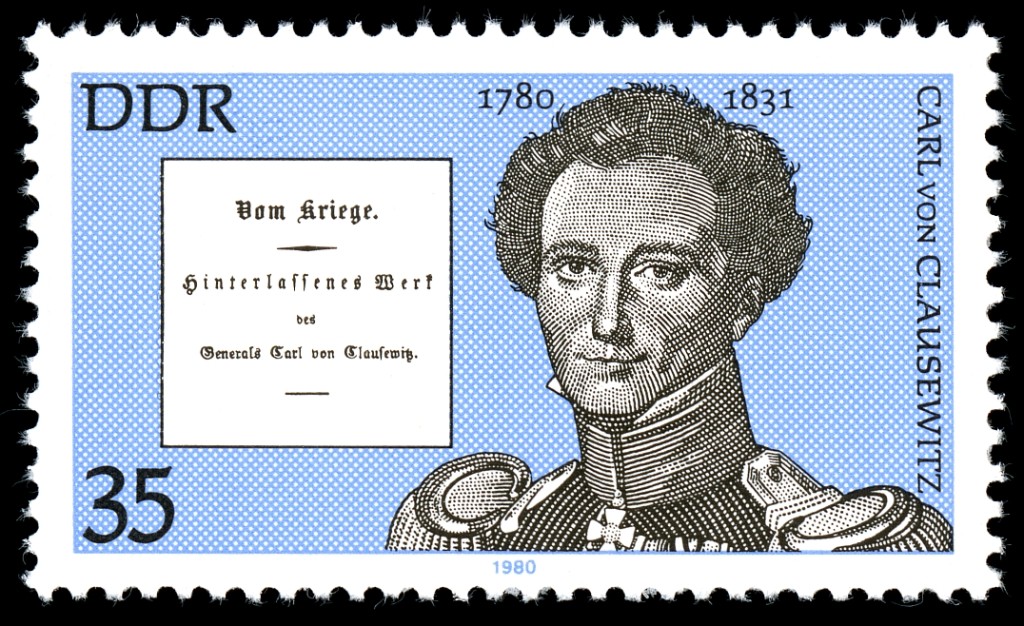Is Clausewitz irrelevant?

Over at Small Wars Journal, NDU Professor William Olson has written an article called. “The Continuing Irrelevance of Clausewitz.” I can already hear the drumbeats as Clausewitzians gather to brand Olson a heretic, but I think Carl von Clausewitz might approve of the article. And a better title might have been “Why Clausewitz is relevant, but not in the way you think.” On War was Clausewitz’ personal struggle to try to understand the nature war. Olson states:
His real relevance does not lie in how he can be used, operationalized, codified, mummified but in his insistence that what was involved in his own time and vital for all who follow was the need to grasp the significance of war as a very human phenomenon requiring serious, constant attention to understand.
Clausewitz is valuable for study because On War is useful as a start point for trying to understand the nature of war. At the U.S. Army School for Advanced Military Studies (SAMS), Clausewitz was not taught as the Gospel but as a text from which to develop the ability to make an argument and think our way through our understanding of war. It was probably the biggest source of debate because each of us interprets it in different ways. The culmination of SAMS included oral exam question of describing each student’s personal theory of war. And we could not parrot Clausewitz. Similarly, at the National War College (NWC), we focused on each student developing his framework for strategy so that in the end he or she can “do” strategy. Neither SAMS nor NWC taught Clausewitz as the Holy Grail but as a tool for learning and critical thinking.
On War, then, is relevant in that sense and indeed can help us develop coup d’oeil or military genius which can only be attained through education and experience. I think Clausewitz would approve of Professor Olson’s analytic critique of On War and say that he has achieved his purpose which is to make military officers think and more importantly to think critically.

